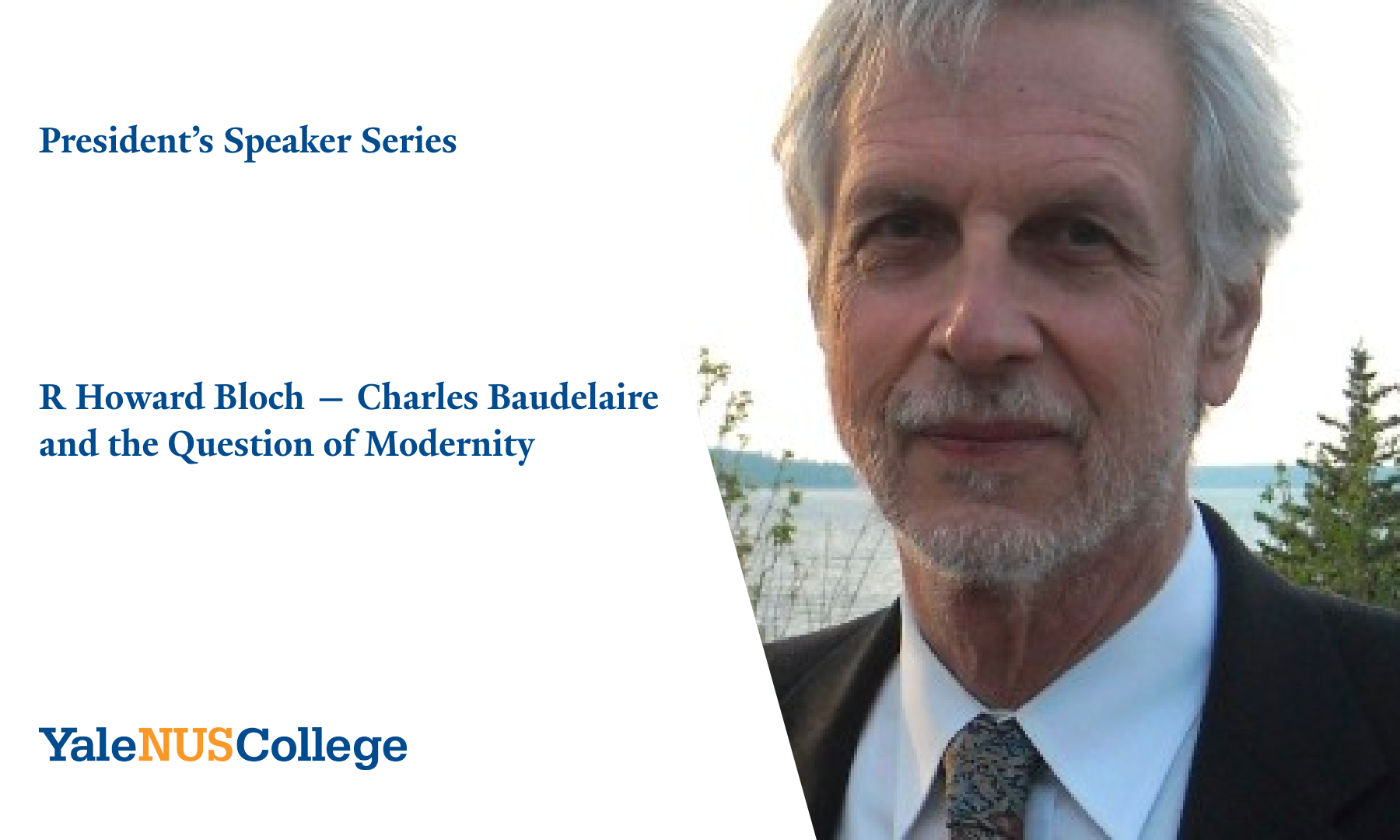

Charles Baudelaire (1821-1867) was one of the “poètes maudits”–“cursed poets”–and bad, bad boys of the nineteenth century. Seeking to escape what was sensed as the boredom or “spleen” of modern life, he found refuge in alcohol, drugs, exoticism, dandyism, satanic religious practice, and, above all, poetry, which many consider the most innovative and beautiful of the nineteenth century. Baudelaire was a Romantic and a Realist, who captured the reality of a changing Paris in poems that he hoped would transform the debris of everyday city life into the equivalent of Classical verse. Beginning with the “Introduction to the Reader” of his major collection, Flowers of Evil, and perhaps his most famous poem, “The Swan,” R. Howard Bloch explores the themes of exile and return, the appearance of the Classical past in the present, new feelings for time, the advent of the “flâneur” or stroller in city streets, and the role of crowds. All are part of the experience of modernity in a city undergoing “Haussmannization,” urban change that, over a period of seventeen years, made Paris what it is today. Bloch concludes with a vision of Baudelaire as a poet for whom modernity is not synonymous with alienation and despair, but with redemption through art, which, for many writers of Fin-de-Siècle France, replaces religion.
ABOUT R HOWARD BLOCH
Professor R Howard Bloch’s is Sterling Professor of French, Yale University. His teaching and research have covered topics including a study of epic and romance forms of the 12th and 13th centuries; an examination of the relationship of literature, money, and family structure; humour and the fabliaux; legal, economic, familial and political institutions; gender and the rise of Western romantic love; and an exploration of the history of printing in the 19th century. At Yale, he teaches Directed Studies, and courses on medieval and modern French literature and culture.


